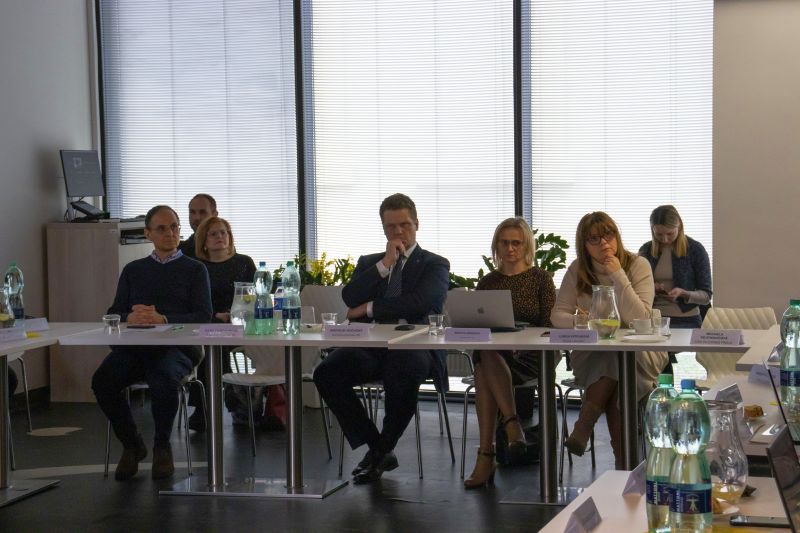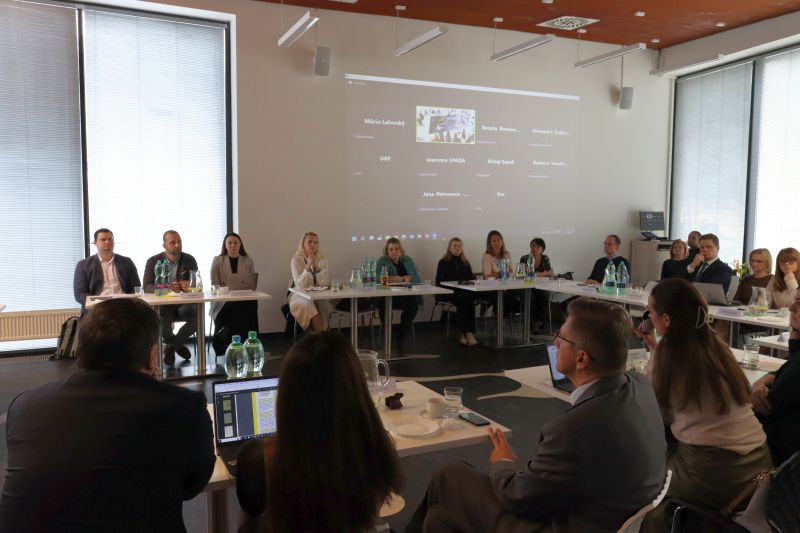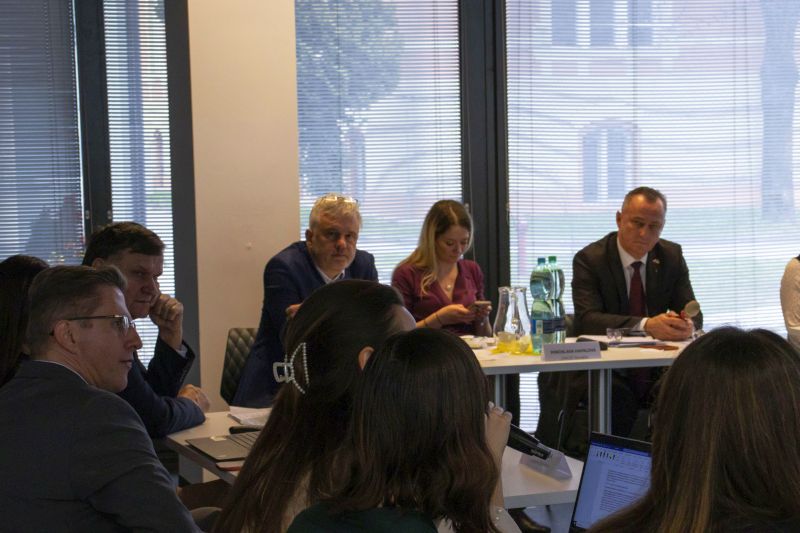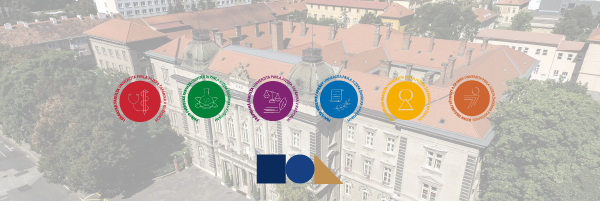On March 14, 2024, at the Pavol Jozef Šafárik University in Košice, a round table discussion on the topic “Challenges in the education of Ukrainian children in Slovakia: minor students at universities in Košice and Prešov regions, employment in the labour market” was held in the small congress hall. The event was organised by the Office of the Commissioner for Children and UNICEF Slovakia. The meeting was attended by 40 representatives of various universities (Pavol Jozef Šafárik University in Košice, Technical University in Košice, Prešov University in Prešov), employers (IT Valley Košice, Deutsche Telekom IT Solutions Slovakia), the Office of Labour Social Affairs and Family, the Ministry of Education, Science, Research and Youth of the Slovak Republic, the Digital Coalition, AmCham Slovakia and other non-profit organizations. The aim of the meeting was to present educational support and examples of good practice at universities in the Košice and Prešov regions, where the concentration of students from Ukraine is the highest, often including minors.
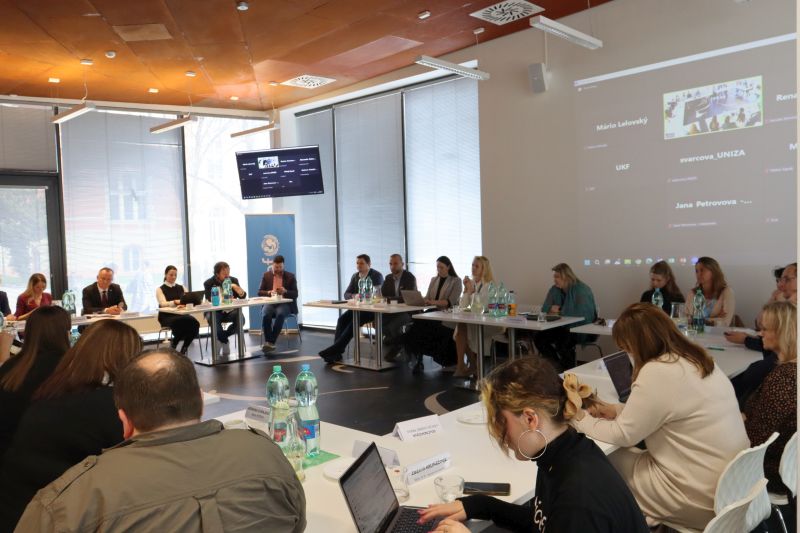
Vice-Rector for Interdisciplinary Education and Innovation Assoc. Prof. Renáta Orosová, PhD. informed the participants about the current situation in the field of education and support of students from Ukraine at UPJŠ: “The plenum also analyzed the possibilities and support tools for young Ukrainians not only in the field of higher education, but also in the field of their employment in the labour market. UPJŠ is perceived as an inspiring university with a sophisticated system of support for Ukrainian students in the field of education and provision of conditions for study and living.”
“The Plenum positively appreciated the BUDDY program that has been implemented at UPJŠ, and the activities of the UNIPOC University Counselling Centre. Representatives of the Ministry of Education invited the Centre to closely cooperate in presenting the possibilities of support activities to other universities in Slovakia,” assessed tthe meeting RNDr. Zuzana Orságová Králová, PhD., Director of UNIPOC.
At the end of the meeting, the participants assessed its benefits especially in terms of setting up cooperation processes among individual institutions.

